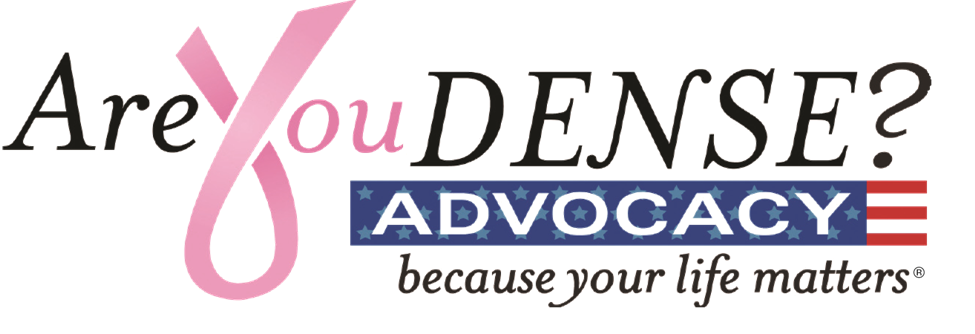
The global impact of Are You Dense Inc and Are You Dense Advocacy Inc.

It took one woman's advanced stage breast cancer diagnosis in 2004 within weeks of her 11th NORMAL mammography exam and one maverick radiologist with the support of Connecticut Legislative Champions to usher in the density reporting and education grassroots movement. The impact of these actions has illuminated the critical breast health issue of dense breast tissue and its impact on advanced breast cancer to the global stage.
Through the progress of technology, Dr. Cappello joins Australian Scientists, Physicians, Patient Advocates and Legal Scholars to tackle the issue of Dense Breast Tissue at a two day symposium in Brisbane, Australia. Sponsored by Queensland University of Technology, the symposium discussed the legal, ethical and medical impact associated with the screening and causal risk of dense breast tissue.
Speakers and bios can be found here. Australian breast density website here.Communicating Information About Mammographic Density:
Is increased communication on the issue of breast density needed or desirable; and how should this occur?
Question One:
If healthcare professionals advise of the risks associated with other medical treatments, why should the risks of mammography non-detection due to breast density be different?
Question Two:
Is there a need for further study in relation to the impact of breast density on mammography effectiveness and/or the suitability of utilising supplementary screening methods in relation to women with dense breasts?
Question Three:
“[S]ocial and legal developments point away from a model of the relationship between the doctor and the patient based upon medical paternalism. They also point away from a view of the patient as being entirely dependent on information provided by a doctor. What they point towards is an approach to the law which, instead of treating patients as placing themselves in the hand of their doctors (and then being prone to sue their doctors in the event of a disappointing outcome), treats them so far as possible as adults who are capable of understanding that medical treatment is uncertain of success and may involve risks, accepting responsibility for the taking of risks affecting their own lives, and living with the consequences of their choices”
(Montgomery v Lanarkshire Health Board [2015] UKSC 11, [81]).
Is more research needed into whether the risk of non-detection associated with breast screening (or indeed screening tests generally for any medical condition), is something that patients would want to know about?
Question Four:
“Voluntary measures will not ensure that every woman receives this crucial breast health information” (Cappello, Decade of ‘Normal’ Mammography Reports (2013) 10(2) Journal of the American College of Radiology 903, 905)
If women still do not know about breast density: a)Should breast density disclosure be legislated? b)Is there a better vehicle for communication?Question Five:
How can we better engage the general public on this issue?



